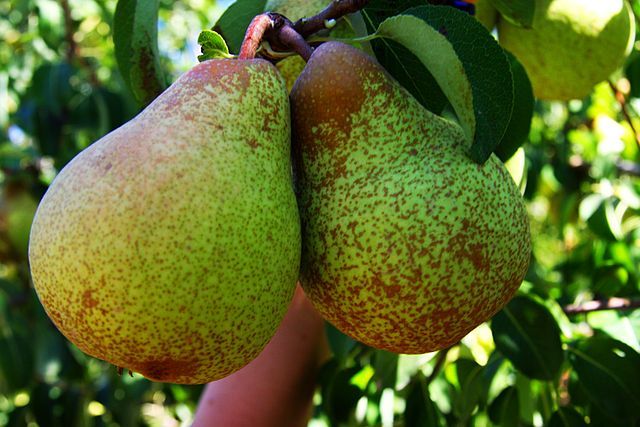Research carried out by DTU’s foodstuffs institute and the Danish Veterinary and Food Administration (Fødevarestyrelsen) shows that 10 commonly eaten foodstuff groups account for 75 percent of the pesticide residues found in food.
The ten foodstuffs identified as the worst sinners are: apples, wheat flour, tomatoes, pears, red wine, grapes, lettuces, potatoes, cucumbers and strawberries.
READ ALSO: Environmental regulations on pesticides relaxed in the face of resistant pests
For example, grapes can contain up to 30 different pesticides, estimates Danmarks Naturfredningsforening, the society for nature conservation, based on the research.
Campaigning against spraying
The organisation has launched a campaign entitled ‘A spray-free Denmark’ in order to alert consumers to the problem and inform their choice of foodstuffs.
Pesticide residues are more often found in imported foodstuffs, but they can also occur in food grown in Denmark.
The only way to avoid pesticide residues entirely is to eat organic products from the list of 10.
Pears are particularly bad. Here, 36 percent of non-organic Danish pears and a whopping 92 percent of non-organic foreign ones contained pesticide residues. Four kinds were found in Danish pears and 14 kinds in the foreign ones.
Strawberries should also be chosen carefully. Researchers found that 74 percent of non-organic Danish berries and 86 percent of foreign ones contained pesticide residue. The Danish berries had 13 different kinds, and the foreign ones 22. No organic strawberries – either Danish or foreign – were found to contain pesticide residues.
Illegal chemicals
The residues were primarily from the pesticides glyposate and chlorpyrifos. The latter is illegal in Denmark, but can still be found in imported fruit and vegetables.
Professor Philippe Grandjean from the University of Southern Denmark strongly advises pregnant women and children to avoid chlorpyrifos, as the pesticide is know to cause nerve damage and can affect the development of the brain.














